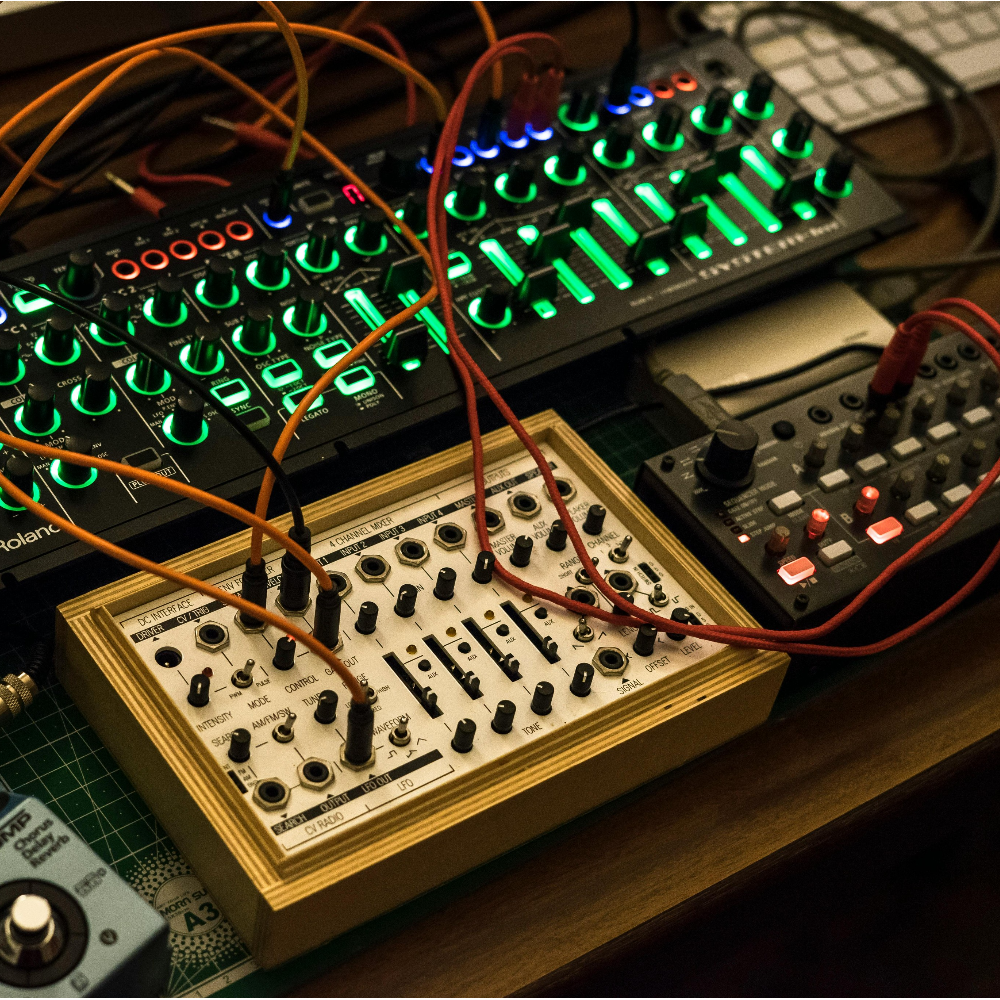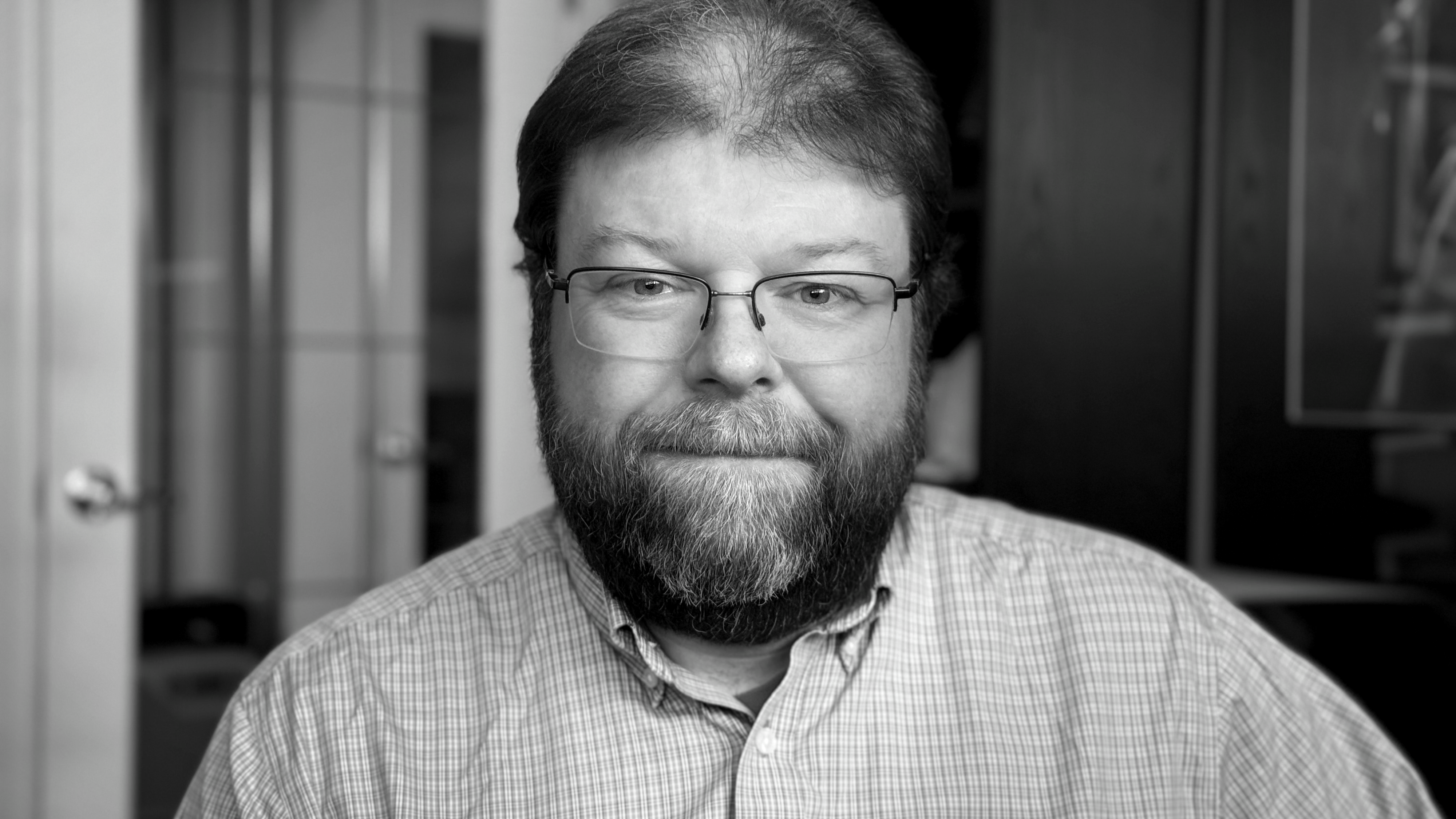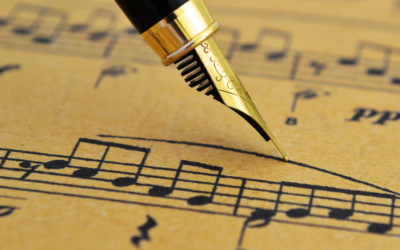Welcome to the Experimental Composition Category – Exploring Experimental Music Composition Together
Hello, I’m Trevor. I’ve spent most of my musical life teaching piano and theory to students across several countries—something I love doing and have no intention of stopping. But lately, I’ve been carving out some time to return to something that used to bring me a lot of joy: composing. It’s been years since I studied it, and I’m approaching it now with fresh eyes, no expectations, and a lot of curiosity.
One area I’ve always found a bit puzzling—but oddly fascinating—is experimental music. I’ve never quite known what to make of it. So instead of avoiding it, I’ve decided to explore it and see what I might be missing. If you’ve ever felt the same, you’re more than welcome to follow along.
What This Category Is About
This part of the blog is where I document my foray into experimental composition. I’ll be researching, listening, and trying out ideas that don’t fit within traditional forms or tonal boundaries—something that’s not exactly easy for me, as you’ll soon see. Still, it’s the way I’m choosing to expand how I think about music, even if I’m not sure where it’s all headed.
Experimental music is broad, strange, and often hard to define. That’s exactly what makes it interesting. This category isn’t about mastering the style—it’s about engaging with it, asking questions, and seeing what happens.
Why Follow Along?
Because not understanding something doesn’t mean it’s not worth exploring. I’ve often found experimental music confusing—even a little intimidating. But instead of brushing it off, I want to lean into that discomfort and see what I can learn from it.
If you’re also unsure about experimental music but feel drawn to it anyway, maybe this space will give you a starting point. Or at the very least, you’ll see someone else trying to make sense of it—one weird note or sound at a time.
What Kind of Posts to Expect
Here’s the kind of content you can expect in this section:
- What Even Is Experimental? – My attempt to define (or not define) what this genre actually is.
- Composing Without a Key – Trying out approaches that avoid traditional tonality altogether.
- Unusual Instrument Pairings – Combining instruments you’d probably never see together in a concert hall.
- Graphic Scores or Open Form – Reflections on alternative notation methods and flexible structures.
- Personal Reactions – “I listened to this experimental piece, and here’s what I felt” type posts.
Come Explore the Weird Stuff
This part of the blog is full of more questions than answers—but that’s the point. If you’re curious about experimental music, whether as a listener or a composer, feel free to explore more posts and see what you discover. Who knows? We might both walk away with a new way of hearing.
Until next time,
Trevor






